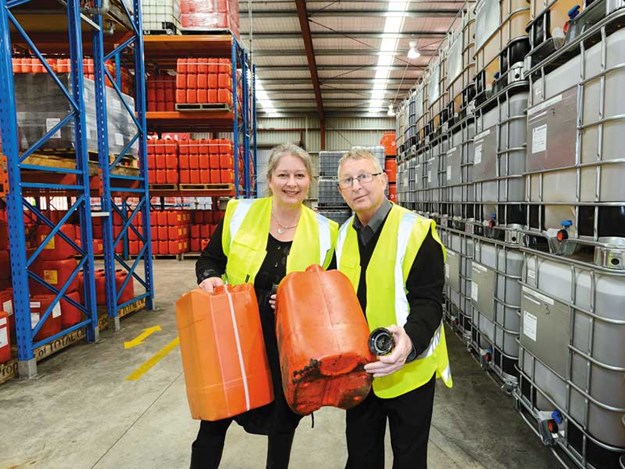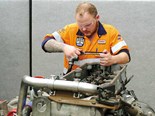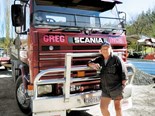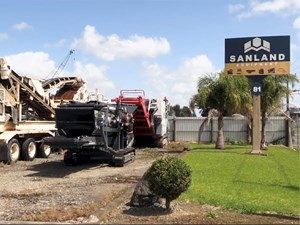Lubricant Container Stewardship Scheme forges ahead
A project to end the landfilling of waste lubricant packaging in NZ has reached a significant milestone with the release of its first summary report
The Waste Lubricant Container Working Group was formed in February 2018, with the project kicking off in June that year. It aims to tackle the end of life issue of around 4.5 million lubricant containers being discarded in New Zealand each year through a voluntary product stewardship programme approach, says project manager Adele Rose.

While a small number of the containers, mostly drums, are currently recycled, the majority go to landfill, she says. Product stewardship sees a producer, brand owner, importer, retailer, and consumer accept responsibility for reducing a product’s environmental impact.
"The aim of the working group is to develop a product stewardship programme for lubricant packaging. Containers, particularly 60 litres and under, which lubricants are packaged in are made of highly recyclable plastic (HDPE—plastic resin code 2). The problem is the level of contamination from the residue left inside those, and grease cartridges, when they are empty," Adele says.
She adds that the funders of the programme design represent more than 60% of lubricant supplied to the New Zealand market by packaging volume.
"It’s important to the Working Group that this work is industry-led in order to create a circular economy for lubricant packaging and they encourage non-participating brands to join them."
The recently released summary report, prepared by project managers 3R Group, identifies and explores product stewardship options for the packaging. It has also looked at existing international stewardship programmes for lubricant containers, the legislation governing them, and their effectiveness.
"The aims of this stewardship programme are to provide an industry-led solution, minimise environmental harm, maximise recovery, recycling, and, where appropriate, reuse lubricant containers and transition the industry to a circular economy model through provision of grants investing in infrastructure where it might be required," Adele says.
The final steps for the Working Group include working out the "nuts and bolts" of a stewardship programme, such as operational interactions, impacts on participants, steps for implementation, and establishments of the necessary governance structures, she says.
The final stage is due to be delivered by the end of the year.
Keep up to date in the industry by signing up to Deals on Wheels' free newsletter or liking us on Facebook.




.jpg)


.jpg)









